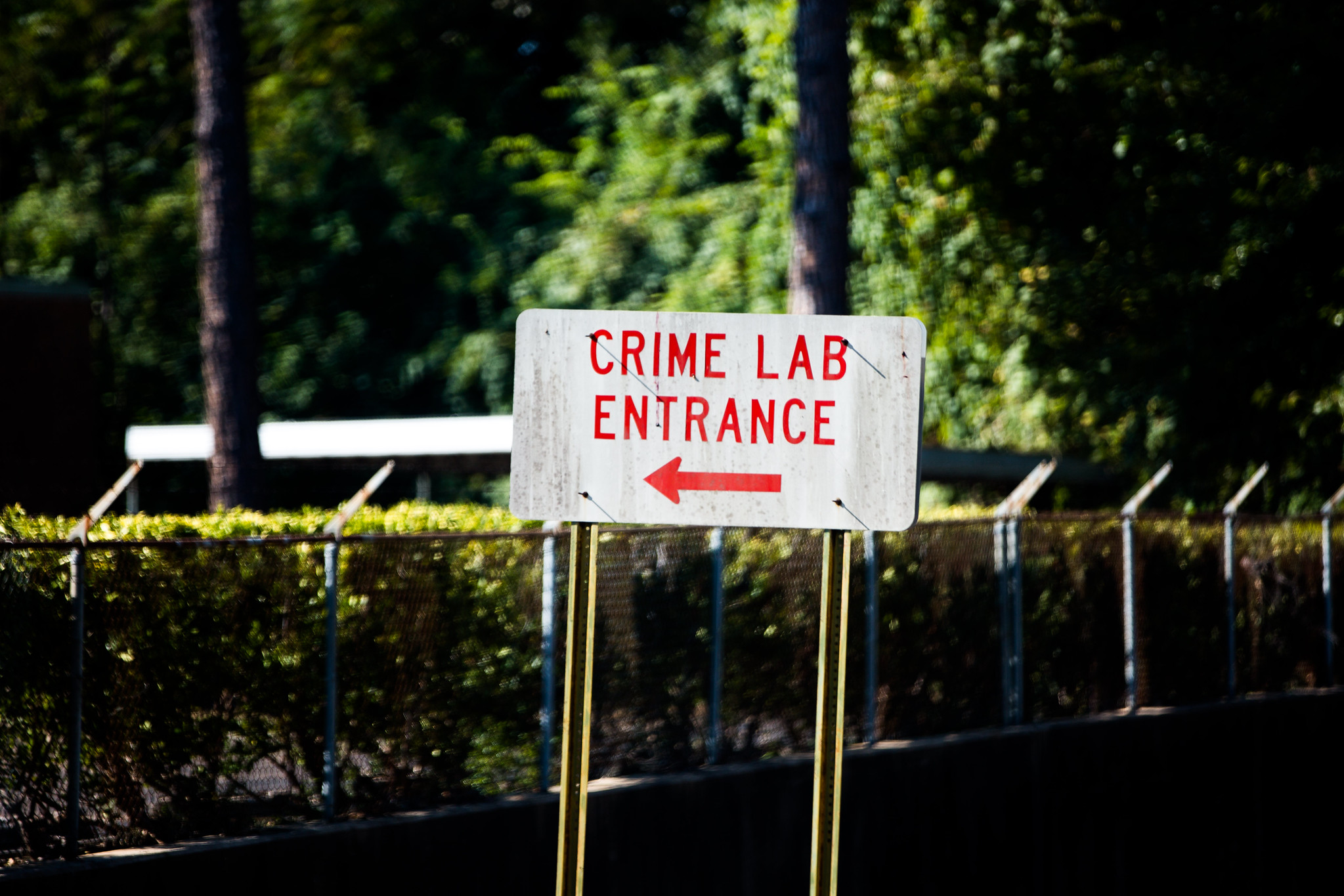Shaping the Future of Forensic Science: Your Voice, Our Guide
Developing standards is key to strengthening forensic science. Here’s how you can contribute to change.
10.19.23 By Tebah Browne, Isabelle Cohn
The misapplication of forensic science is a leading cause of wrongful convictions. It was a contributing cause in 52% of cases involving Innocence Project clients who were subsequently exonerated — and some of the issues involved misleading expert testimony, weak scientific foundations of forensic disciplines, or confirmation biases interfering with investigations.
Forensic science standardization is one way to tackle the problem, but the development of standards requires a lot of input and hands-on participation from scientists, researchers, legal practitioners, policymakers, and others. That’s why the Innocence Project has created the Handbook for the Forensic Standards Development Commenting Process to assist individuals and communities in providing commentary on key standards that can help create a more fair, just, and equitable criminal legal system.
The handbook is the first resource to provide a detailed overview of the policies and requirements of each organization involved in developing forensic standards, bringing them all together in one place and removing the need to review multiple sources. Specifically, this guide includes an overview of each organization, their objectives, structure, and public commenting and document approval procedures. It also offers tips on how to craft an effective comment, which comes from a lot of learned experience. We hope that this handbook will assist in navigating these processes and motivate more members of the public to offer their input.
What are forensic science standards?
Standards are documents that establish norms and requirements for a particular field, such as DNA analysis, facial identification, or medicolegal death investigation. They can include specifications for test methods, education requirements, training, reporting, testimony, and more. Standards promote consistency and transparency within the field. These documents are created through an interactive process that encourages the participation of all interested parties.
Why are standards important?
The development of standards is a crucial step towards strengthening forensic science disciplines and communicating the value of forensic science to the legal community. Effective standards provide insightful and useful information, such as method limitations, documentation and record-keeping requirements, and testimonial guidance. In the post-conviction setting, they can be used to determine if an expert witness is qualified to provide testimony or determine whether evidence is probative, which helps prevent and identify misapplications and fallible expert opinions.
How can you get involved?
The easiest way to participate in the standard development process is to submit public comments. All organizations that produce forensic science standards have public comment periods. These periods are usually 30 to 45 days long, depending on the length of the document, and permit interested individuals to provide feedback on drafts of proposed standards. However, there are multiple organizations that develop forensic standards, which all have different policies and rules. Below is a list of some of the leaders in the field.
- The Organization of Scientific Area Committees for Forensic Science
- American Academy of Forensic Science Academy Standards Board
- ASTM International
- National Fire Protection Association
- American Dental Association
- Audio Engineering Society
The development of quality standards relies on the contributions of people with diverse perspectives. We encourage you to share this resource with your network and help us prevent miscarriages of justice.
If you have questions or feedback, please reach out to Innocence Project’s Forensic Science Policy Associate Isabelle Cohn: [email protected].

Leave a Reply
Thank you for visiting us. You can learn more about how we consider cases here. Please avoid sharing any personal information in the comments below and join us in making this a hate-speech free and safe space for everyone.